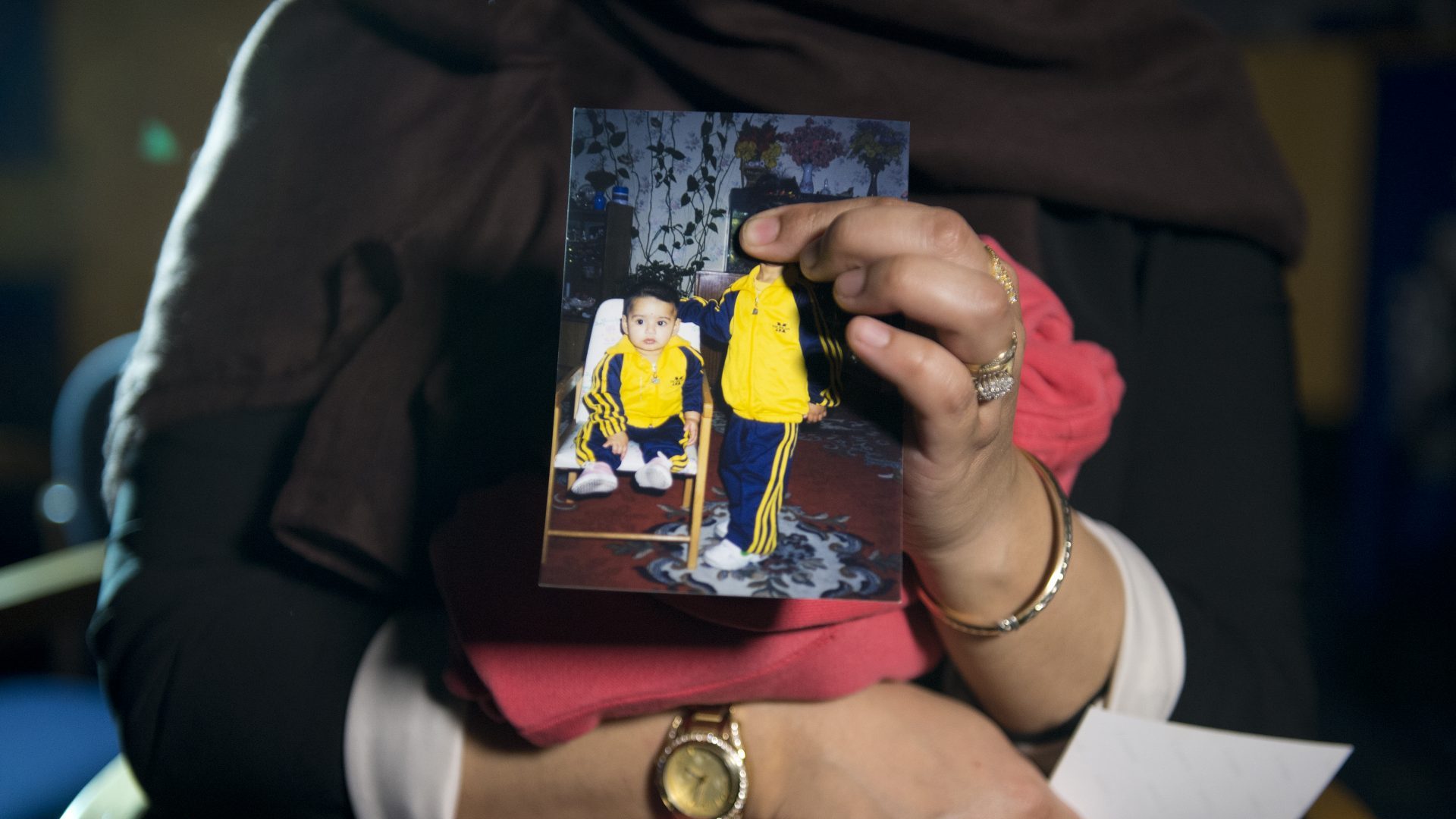The government’s Prevent programme, which aims to do this in respect of terrorism, has been mired in controversy for years – those of us who teach in universities with high numbers of foreign students, and those from minority ethnic backgrounds, or of minority religious affiliations, are understandably leery of being asked to fink for the police and security services.
A few years ago, one of my Muslim students – who happened to be president of the students’ union at the time – pointed out to me that the programme’s methods were inimical to the idea of the university with which he’d been inculcated at home: “How,” he asked me, “is it possible for me to exercise any real freedom of speech or conscience if I’m aware that I’m under constant surveillance?”
He told me that anyone who was a member of an Islamic society at any British university had their email address passed on to MI5. I’ve no idea if this is true – and indeed, given the number of terrorists who, it transpired, were on the security services’ radar yet nonetheless not prevented from offending, it hardly seems to be that oppressive an oversight. As ever, cock-up beats conspiracy every time.
Besides, this was some years ago, when the threat of Islamist terrorism in particular seemed high: Isis was controlling territory, and British schoolchildren were being radicalised via the web and heading off to the Middle East, if not exactly in droves, then at least significant numbers.
I well remember being on the panel for an edition of Question Time recorded at a school in the deep south of London, and the audience positively baying for the blood of Shamima Begum et al. One of the ringleaders of these tormenters was none other than my fellow panellist, Sajid Javid – and we all know how that’s ended up.
Student unions the length of the land continue to refuse to cooperate with Prevent – and although it’s part of mandatory compliance for staff, I know I’m not alone in refusing to as well.
Until now. I did the required training on Monday and, to be fair, those responsible made a pretty good case for the programme. First off, they addressed the concerns outlined above, and said that we were wrong to view it as a matter of informing on potential or actual militants – rather, whenever we saw the word “prevent”, we should mentally delete it and substitute the word “welfare”; because this was essentially a safeguarding issue.
They went on – using the required info-panels with pictograms and bold captions – to tell us that referrals about possible Islamist radicalisation had long since been surpassed by those for potential rightwing extremism – and
paid particular attention to the pullulation of the Incel movement through the virtual realm, and its potential for animating violence. While not doubting that these phenomena are real, it did seem a very convenient way of herding woolly-lefty academic types back into the state’s fold.
More tendentious still was the analogy the course instructors made between radicalisation of various forms and the grooming of vulnerable young people and children either by paedophiles or criminals who wish to use them as drug dealers in county lines networks. Again, while the analogy has some force – and I by no means believe that once someone is 18, they suddenly become 100% responsible for their actions – there’s a deeper tendentious
element to this that reminds me of the British governments of the 1980s and 90s, and their insistence on treating the low-intensity guerrilla war in Northern Ireland as a public order one, and thereby criminalising the assorted paramilitaries.
You don’t have to be Michel Foucault to see that this is exactly the sort of tactic that his “panoptic” state would employ, with its covert agenda of making not just woolly-left academics but everyone into a surveillant agent,
policing both self and others for deviant tendencies. The circle it remains impossible to square in all instances is between robust notions of “British values” that place extremism beyond the pale, and those same values’ equally robust defence of freedom of thought and expression.
But really the clincher for me came at the end of the session: during the Q&A I asked exactly how many of our students had been referred either to the police or the security services during the past decade via the programme. The course instructor thought about this for quite a while, before tentatively advancing: “Um… I think about… one.” Blimey! On that basis, it would seem churlish not to at least notionally give one’s support to Prevent. Although that being noted, I am something of a churl. Perhaps there should be some sort of government strategy to prevent this as well.



